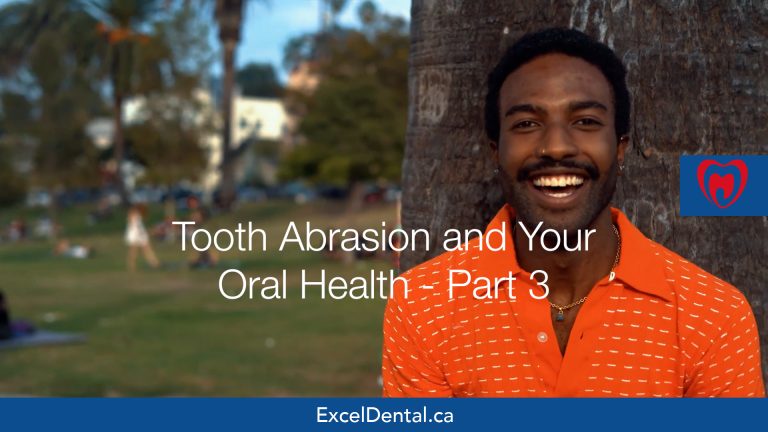How can I minimize tooth discoloration?
Avoid stain-causing foods and drinks, use a straw, quit smoking, and maintain good oral hygiene.
Dentist
Dr. Susan R. Pan, DDS, is a highly qualified dentist with a long-standing engagement in the field since 1986. She was a recipient of the Dr. Gerald Z Wright Award for graduating first in her class at Schulich School of Medicine & Dentistry, University of Western Ontario. Additionally, she worked as a clinical instructor for new dentists at the University of Western Ontario’s School of Dentistry and graduated from the Dental School of Sun Yat-Sen University of Medical Sciences. Dr. Pan has received recognition for her exceptional work, as she was consecutively awarded the Diamond Winner for the Readers’ Choice of their Favorite Dentist by the Hamilton Spectator in 2014 and 2015, and was nominated for the same title multiple times in 2007, 2010, 2014, 2015, 2016, and 2017.
Hot beverages can distort Invisalign aligners, so it’s best to remove them before consuming hot drinks and wait until they cool down.
It’s the process of baby teeth (primary teeth) emerging through the gums. It can cause discomfort and fussiness.
Calcium strengthens tooth enamel, which is vital for protecting teeth from decay.

Prevention is the most important part of managing tooth abrasion.
Choose a low abrasion toothpaste as some toothpastes play a significant role in causing tooth abrasion. The RDA value [Relative Dentin Abrasivity] ranges from 0-250. RDA values of 150-250 are considered the harmful.
Use a soft toothbrush and a correct brushing technique using moderate force.
Begin oral care early, avoid sugary drinks, use fluoride toothpaste, ensure regular dental visits, and provide a balanced diet.
Brush and floss regularly, avoid hard or sticky foods, wear mouthguards if needed, and see your orthodontist for regular adjustments.